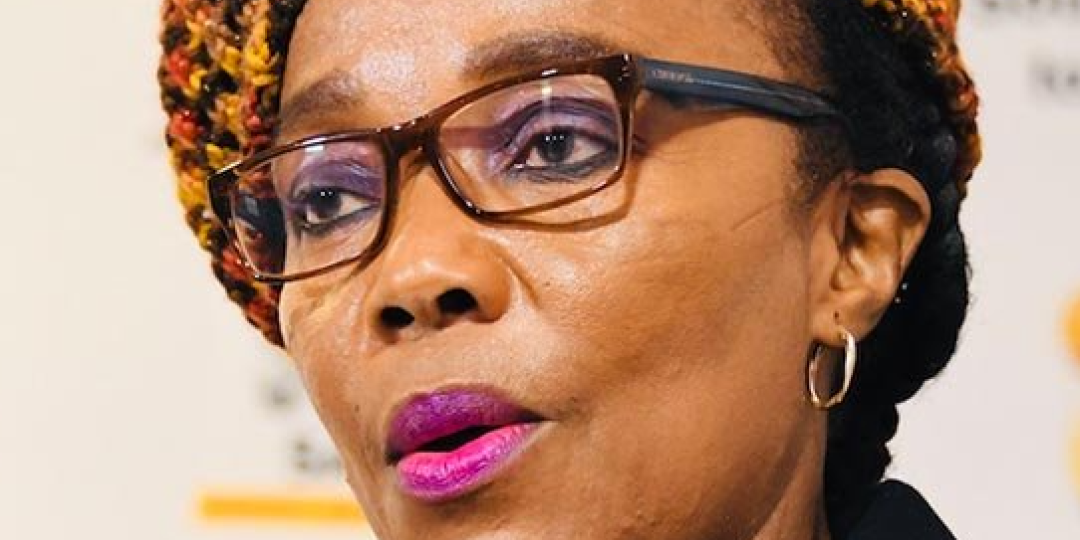South Africa’s Minister of Transport, Sindisiwe Chikunga, has pledged her support and commitment to working with the road freight sector to address the host of challenges transport operators face.
Delivering the keynote address at the annual Road Freight Association (RFA) conference in George, she called on operators not to keep quiet about their concerns but to engage with her and the Department of Transport.
“We can only create an environment conducive to your operations if you tell us your challenges and needs.
“My approach, however, is one where you cannot just tell me about the problem by making the statement and walking away.
“I cannot decide the solutions by myself because the solution I create might be a bigger frustration than your challenge. We need to collaborate and work together.”
Chikunga said she was constantly discussing with Ramaphosa the importance of the road freight sector, which currently moves around 90% of freight in the country.
“It is therefore important to realise that in working together we can create social compacts for advancing our country’s economic fortunes and improve the quality of lives of our people.”
She said it was essential for road freight operators to know that they were deemed necessary by the government.
“As transporters, you physically and tangibly move the economy. We can see it and touch it. You are important to this country and a government partner.”
As a minister, she acknowledged her responsibility.
“One signature can bring about destruction. I do not want to do that. I want to use this position I have been given to consult with you in the hope that what we bring to the table together will be for the good of South Africa.”
She said the success of trade within the country and beyond was highly dependent on a safe, reliable, efficient and dependable transport system.
But, she highlighted that rail had just as important a role in the future.
“While road freight delivery has significant advantages, the great number of freight vehicles on the road contributes to overloading and the subsequent significant deterioration of the road network and traffic congestion.
“This has resulted in the development and formulation of the Freight Road to Rail Migration Plan, the primary aim of which is to rebalance the road-rail freight split in order to create a more fair market share and to reduce the number of heavy trucks on the roads to decrease overloading on the road network.”
Chikunga said the reduction in overall transport and logistics costs and externality costs was a non-negotiable as the country moved towards a more equitable rail-road split.
“The President announced that soon freight rail will be returned to the Department of Transport.
”As a sector, we cannot delay the implementation of the National Rail Policy. Hence we have already commenced with the drafting of the National Rail Master Plan 2050, which will further assist in the identification of network constraints and opportunities, including infrastructure improvements and rail network expansions required to assist in creating a conducive environment for private and public sector participation,” she said.
According to Chikunga, in the future, freight intermodal tradeoff discussions will be critical to determine the best way to collectively and collaboratively accelerate the road-to-rail shift without detriment to other sectors in the freight trade value chain.













